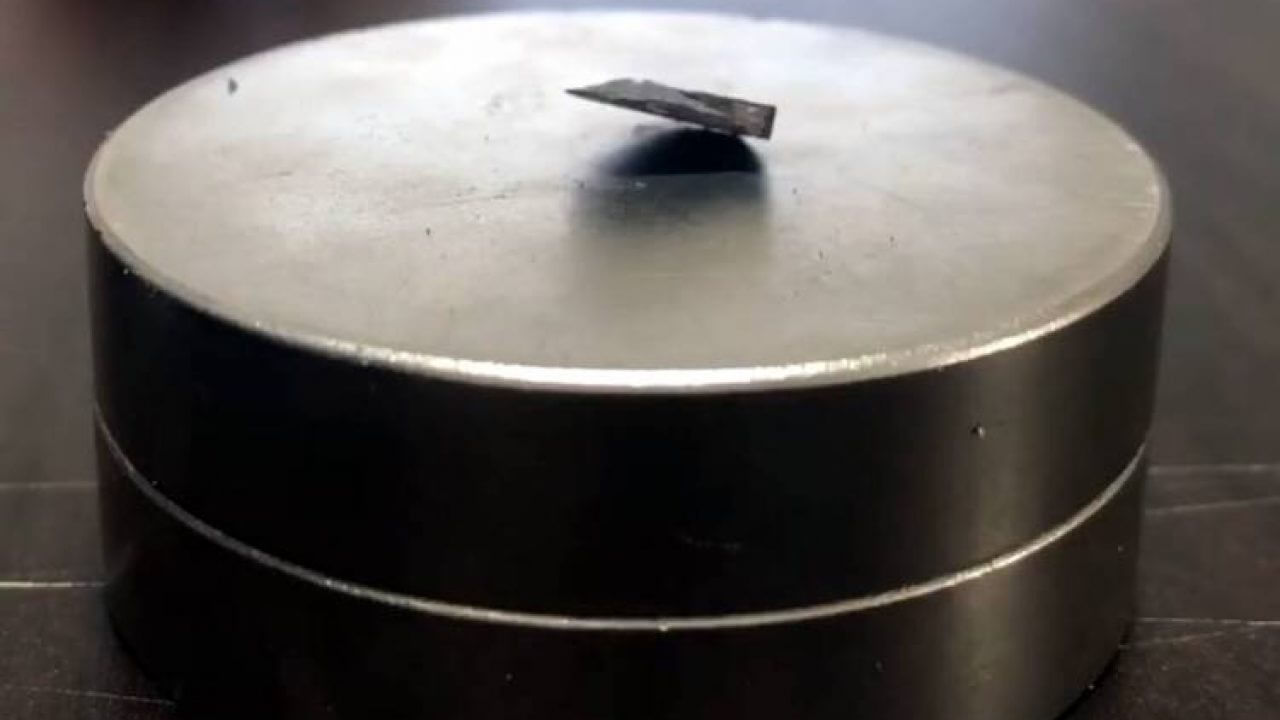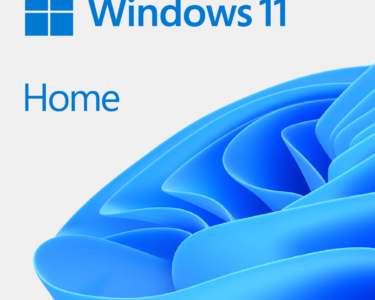A South Korean academic consortium has refuted recent claims made by local researchers regarding the discovery of a practical superconductor, dismissing them as lacking credibility due to the consortium’s inability to replicate the findings.
Superconductors, materials allowing electric current to flow without resistance, hold immense potential for transforming power grids and advancing fields like computing chips, where electrical resistance poses limitations.
In July, two papers surfaced on a scientific platform used for pre-peer review sharing, authored by South Korean scientists claiming to have unveiled a superconductor termed LK-99. The papers asserted its functionality at room temperature, a long sought-after milestone in scientific circles.
These claims triggered a social media frenzy and prompted fluctuations in stock markets related to the purported superconductor breakthrough.
However, a comprehensive white paper issued by the Korean Society of Superconductivity and Cryogenics, in collaboration with eight local laboratories, countered these assertions. The report highlighted the absence of instances demonstrating zero resistance or the Meissner effect, where a superconductive material repels a magnetic field.
The society emphasized that for the alleged room-temperature and normal-pressure superconducting attributes of LK-99 to gain scientific validation, independent verification and replication by a third party are imperative.
Despite efforts to reproduce the results, the group failed, and the Quantum Energy Research Centre, whose researchers contributed to the contentious papers, was requested to furnish samples for verification. Regrettably, the center did not comply, leaving the verification process inconclusive.





